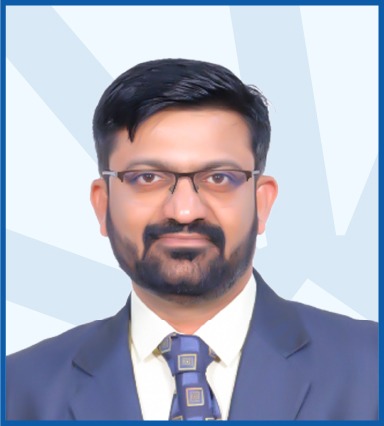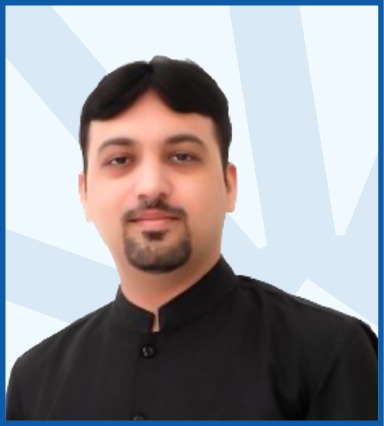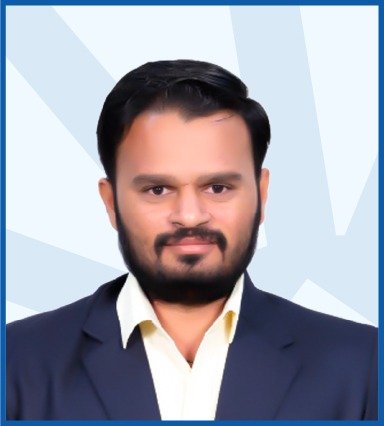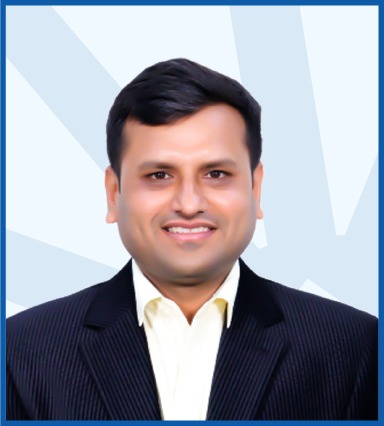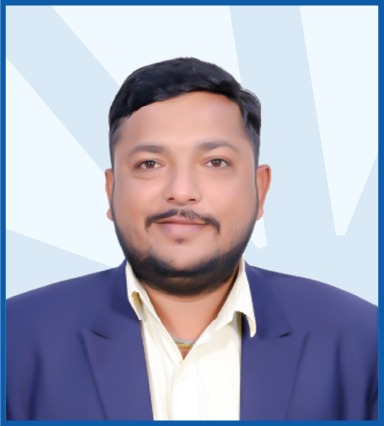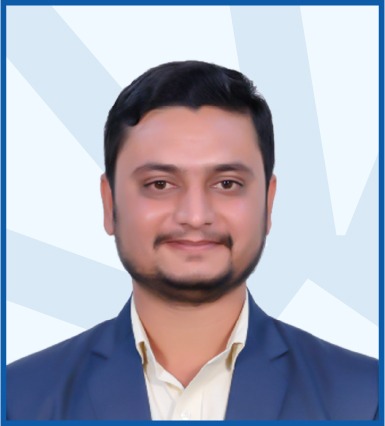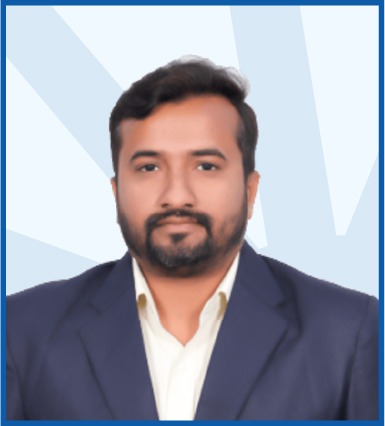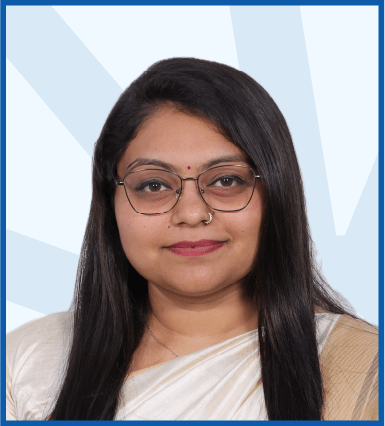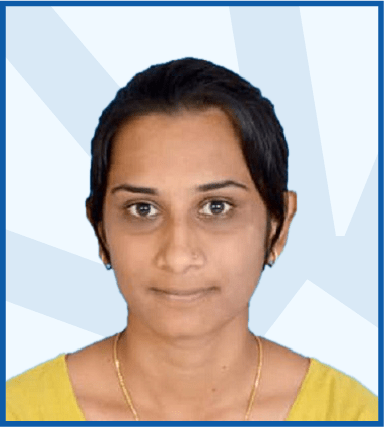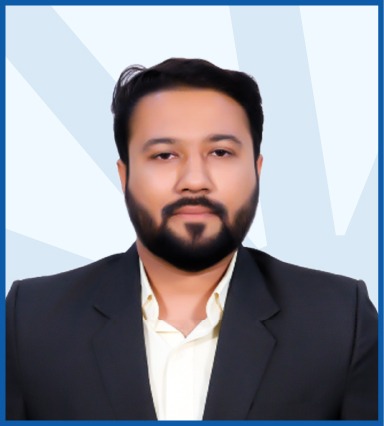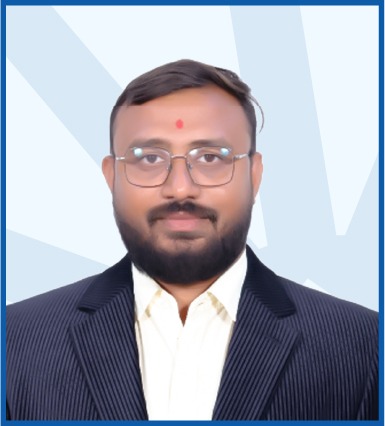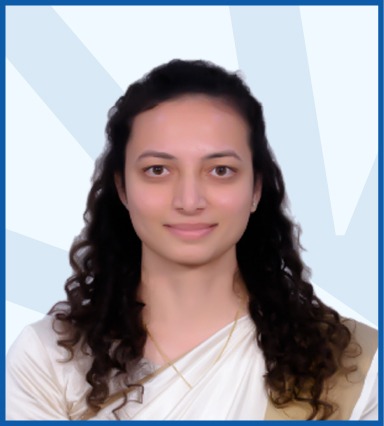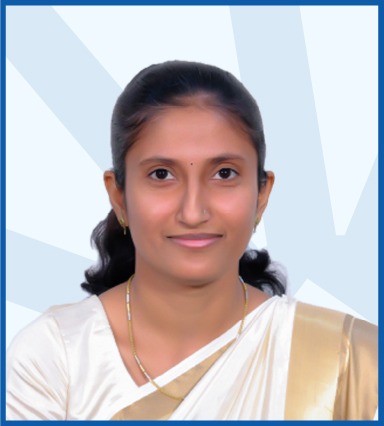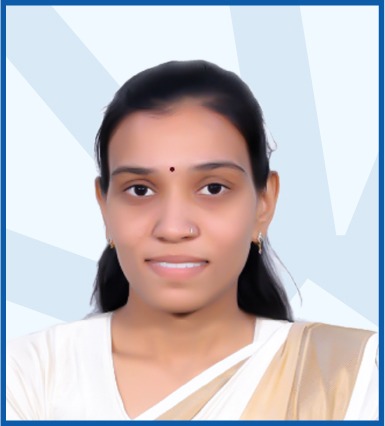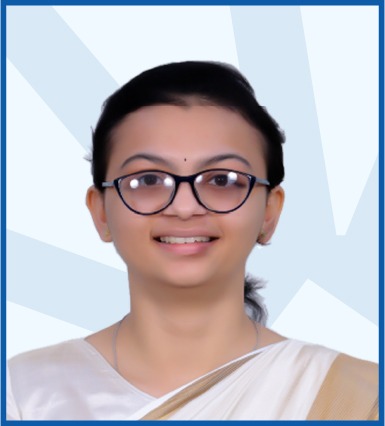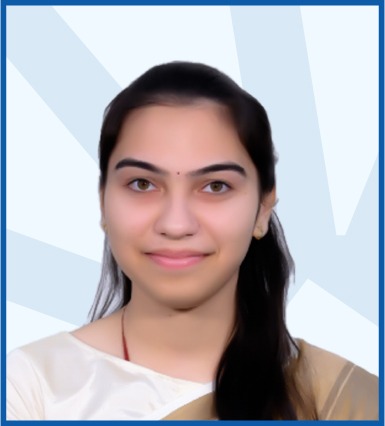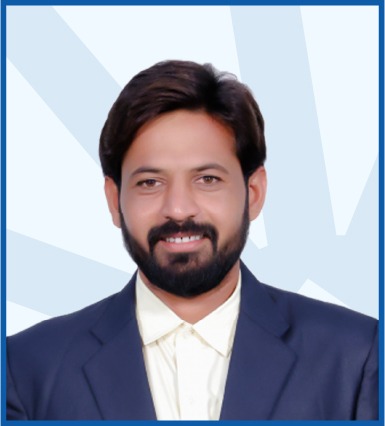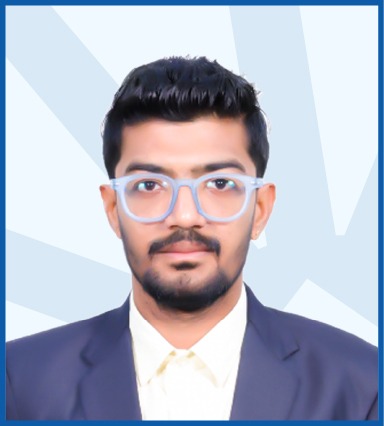B.Sc. Dialysis Technology
From Treatment to Recovery: Master Dialysis Technology at the Best Private University in Junagadh
Introduction to course
Dialysis Technology degree course that trains students in the techniques and methods of dialysis, which is a process of removing waste and excess fluid from the blood of patients with kidney failure. The undergraduates will gain knowledge in operating and maintaining dialysis machines providing patient care. The Dialysis Technologist works as a member of a multidisciplinary team along with the Nephrologist and Clinicians to plan and implement the prescription for performing all the different modalities of Renal Replacement Therapies. The course covers the theoretical and practical aspects of dialysis, such as the anatomy and physiology of the kidney, the principles and types of dialysis, the dialysis equipment and systems, the blood chemistry and electrolyte balance, the complications and infections of dialysis, the quality control and safety measures, and the ethics and communication skills.
Mission
- Creating and disseminating knowledge of advanced to applied sciences.
- Interdisciplinary research, industry partnerships, and community services to address local to global challenges.
- Developing an approach to adapt the need of technology and environmental sustainability in the field of science that will best serve society for the betterment of mankind.
- Upholding the highest standards of integrity, ethics, and social responsibility in all academic and administrative pursuits, fostering a culture of transparency, accountability, and mutual respect.
Vision
To be an institute that enhances education through an innovative, adaptive, and
compassionate approach, fostering a culture of lifelong learning and research
excellence in the field of science for societal welfare
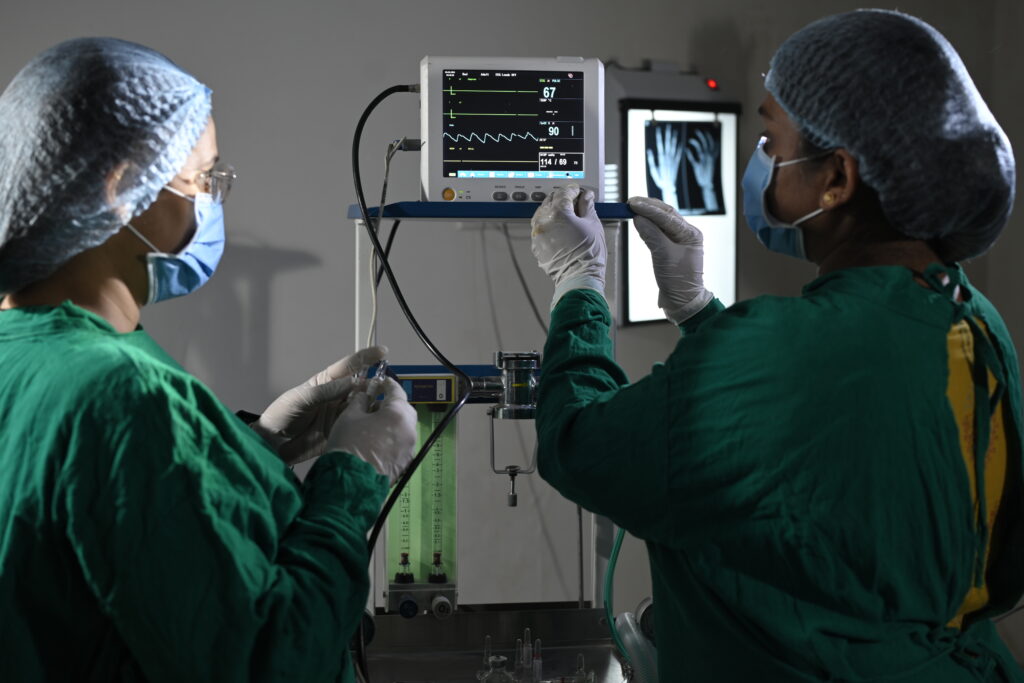
Course objective
- Understand and apply the principles of dialysis and the skills necessary to give safe and effective care to the individual undergoing haemodialysis treatments.
- Assess the patient for any complications with an understanding of the problem and recognize the need to report complications to the physician or nephrologist
- The Programme is designed to provide the knowledge and skills needed to become an effective healthcare professional.
- The programme aims to develop high-quality healthcare professionals in the Renal Dialysis field with respect to good quality clinical care, and the ability to be an effective member of a multidisciplinary team with a commitment to professional excellence, Ethics, and social accountability at all levels.
Course outcome
- Students will demonstrate a solid understanding of basic sciences relevant to the specialty
- Demonstrate dialyzer reprocessing, both manual and automated (Operating RENATRON, INTERFACE Module & RENALOG-RM software)
- Demonstrate polite and strategic communication skills, grooming skills, professional etiquettes and leadership qualities.
- Demonstrate dialysis machine maintenance method & machine disinfection methods
Admission procedure
Eligibility:
- The student who has qualified HSC or equivalent examination in Science stream from recognized board or body is eligible for admission in B.Sc. programme.
|
Board |
Category |
Theory Marks |
Theory + Practical Marks |
|---|---|---|---|
|
GSEB |
Open |
135 / 300 |
180 / 400 |
|
GSEB |
Reserve |
120 / 300 |
180 / 400 |
|
Other Boards |
Open |
108 / 240 |
135 / 300 |
|
Other Boards |
Reserve |
96 / 240 |
120 / 300 |
Admission Process:
- A candidate has to fill an online application form with all the necessary details in the due time declared by the university.
- After the last date of application, the University shall publish the merit lists of selected candidates. The candidate has to pay the necessary fees within prescribed time duration to confirm his/her seat.
- The merit for admission will be based on total obtained marks including that of practical marks in HSC or equivalent examination.
- If two or more candidates have acquired equal marks in HSC or equivalent examination, then marks of SSC examination will be considered.
- The candidate who has submitted necessary documents of authorized signatory in light of reservation is eligible to avail the benefit of reservation policies.
- The candidate who has qualified HSC or equivalent examination from the board other than GSHEB, has to obtain a provisional eligibility certificate and has to submit a copy of the same along with his/her application.
- Candidates have to submit the following documents with their application.
- SSC Mark sheet
- HSC Mark sheet
- Leaving Certificate
- Two passport size photographs
- Caste Certificate (if applicable)
- Non-creamy layer certificate (if applicable)
- EWS certificate (if applicable)
- Certificate for PH category (if applicable)
- Provisional Eligibility Certificate (if applicable)
- Other necessary documents suggested by the admission committee.
- In case of any query, the decision of the admission committee will be considered as the final.
Curriculum
- Duration: 4 years
- Fees: Rs. 70,000
- Intake: 60
| GTU Code | Subject | Theory(Hrs) | Tutorial(Hrs) | Practical(Hrs) | Credits |
|---|---|---|---|---|---|
| 3110000 | Lorem Ipsum | 0 | 0 | 0 | 0 |
| 3110000 | Lorem Ipsum | 0 | 0 | 0 | 0 |
| 3110000 | Lorem Ipsum | 0 | 0 | 0 | 0 |
| 3110000 | Lorem Ipsum | 0 | 0 | 0 | 0 |
| 3110000 | Lorem Ipsum | 0 | 0 | 0 | 0 |
| GTU Code | Subject | Theory(Hrs) | Tutorial(Hrs) | Practical(Hrs) | Credits |
|---|---|---|---|---|---|
| 3110000 | Lorem Ipsum | 0 | 0 | 0 | 0 |
| 3110000 | Lorem Ipsum | 0 | 0 | 0 | 0 |
| 3110000 | Lorem Ipsum | 0 | 0 | 0 | 0 |
| 3110000 | Lorem Ipsum | 0 | 0 | 0 | 0 |
| 3110000 | Lorem Ipsum | 0 | 0 | 0 | 0 |
| GTU Code | Subject | Theory(Hrs) | Tutorial(Hrs) | Practical(Hrs) | Credits |
|---|---|---|---|---|---|
| 3110000 | Lorem Ipsum | 0 | 0 | 0 | 0 |
| 3110000 | Lorem Ipsum | 0 | 0 | 0 | 0 |
| 3110000 | Lorem Ipsum | 0 | 0 | 0 | 0 |
| 3110000 | Lorem Ipsum | 0 | 0 | 0 | 0 |
| 3110000 | Lorem Ipsum | 0 | 0 | 0 | 0 |
| GTU Code | Subject | Theory(Hrs) | Tutorial(Hrs) | Practical(Hrs) | Credits |
|---|---|---|---|---|---|
| 3110000 | Lorem Ipsum | 0 | 0 | 0 | 0 |
| 3110000 | Lorem Ipsum | 0 | 0 | 0 | 0 |
| 3110000 | Lorem Ipsum | 0 | 0 | 0 | 0 |
| 3110000 | Lorem Ipsum | 0 | 0 | 0 | 0 |
| 3110000 | Lorem Ipsum | 0 | 0 | 0 | 0 |
| GTU Code | Subject | Theory(Hrs) | Tutorial(Hrs) | Practical(Hrs) | Credits |
|---|---|---|---|---|---|
| 3110000 | Lorem Ipsum | 0 | 0 | 0 | 0 |
| 3110000 | Lorem Ipsum | 0 | 0 | 0 | 0 |
| 3110000 | Lorem Ipsum | 0 | 0 | 0 | 0 |
| 3110000 | Lorem Ipsum | 0 | 0 | 0 | 0 |
| 3110000 | Lorem Ipsum | 0 | 0 | 0 | 0 |
| GTU Code | Subject | Theory(Hrs) | Tutorial(Hrs) | Practical(Hrs) | Credits |
|---|---|---|---|---|---|
| 3110000 | Lorem Ipsum | 0 | 0 | 0 | 0 |
| 3110000 | Lorem Ipsum | 0 | 0 | 0 | 0 |
| 3110000 | Lorem Ipsum | 0 | 0 | 0 | 0 |
| 3110000 | Lorem Ipsum | 0 | 0 | 0 | 0 |
| 3110000 | Lorem Ipsum | 0 | 0 | 0 | 0 |
| GTU Code | Subject | Theory(Hrs) | Tutorial(Hrs) | Practical(Hrs) | Credits |
|---|---|---|---|---|---|
| 3110000 | Lorem Ipsum | 0 | 0 | 0 | 0 |
| 3110000 | Lorem Ipsum | 0 | 0 | 0 | 0 |
| 3110000 | Lorem Ipsum | 0 | 0 | 0 | 0 |
| 3110000 | Lorem Ipsum | 0 | 0 | 0 | 0 |
| 3110000 | Lorem Ipsum | 0 | 0 | 0 | 0 |
| GTU Code | Subject | Theory(Hrs) | Tutorial(Hrs) | Practical(Hrs) | Credits |
|---|---|---|---|---|---|
| 3110000 | Lorem Ipsum | 0 | 0 | 0 | 0 |
| 3110000 | Lorem Ipsum | 0 | 0 | 0 | 0 |
| 3110000 | Lorem Ipsum | 0 | 0 | 0 | 0 |
| 3110000 | Lorem Ipsum | 0 | 0 | 0 | 0 |
| 3110000 | Lorem Ipsum | 0 | 0 | 0 | 0 |
Faculty
Labs and facilities

